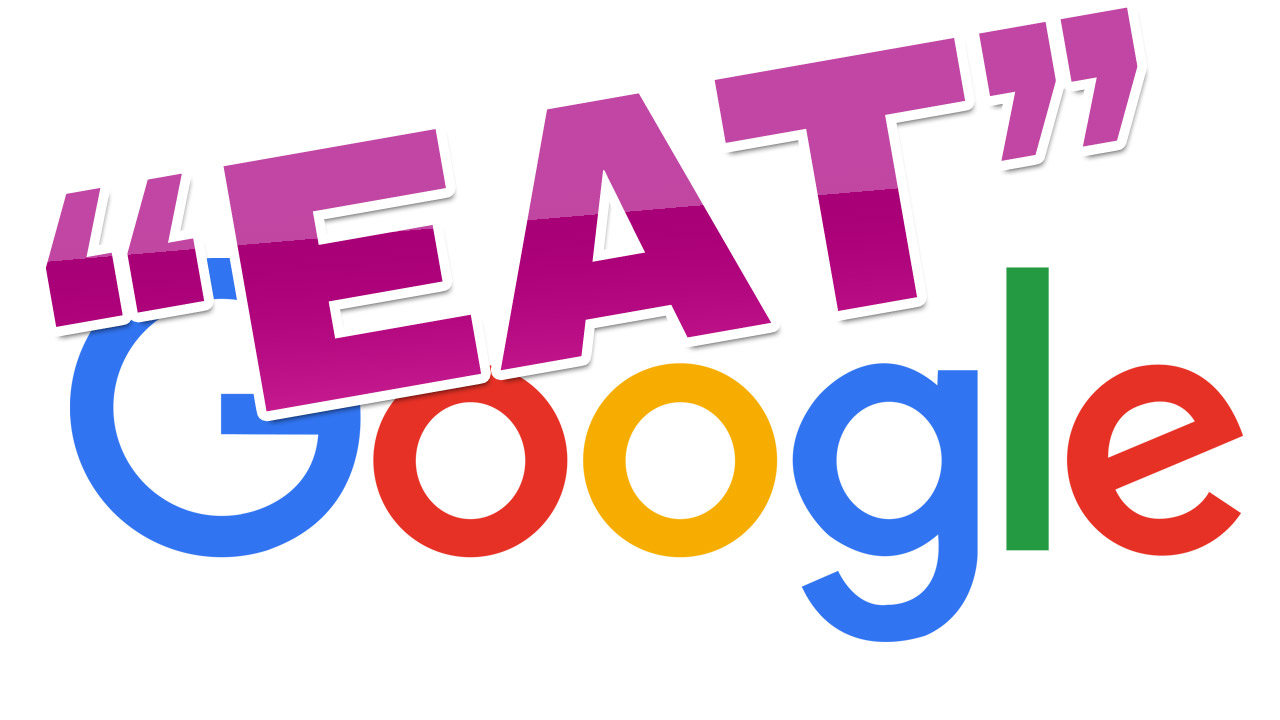That’s a strange question… maybe not, let’s take a closer look.
Google E-A-T (Expertise, Authoritativeness, and Trustworthiness) is a critical component of Google’s search algorithm, determining the quality and relevance of websites in search results. This comprehensive guide will cover the key aspects of Google E-A-T and how you can optimize your website to meet these criteria.
Table of Contents
- Introduction to Google E-A-T
- Why E-A-T Matters
- How to Improve E-A-T on Your Website
- E-A-T and YMYL Pages
- Conclusion
1. Introduction to Google E-A-T
Google E-A-T (Expertise, Authoritativeness, and Trustworthiness) is a set of guidelines used by Google to assess the quality of a website’s content. These guidelines are an essential part of Google’s search algorithm, which aims to provide users with the most accurate and relevant information possible. E-A-T is especially important for YMYL (Your Money or Your Life) pages, which are pages with content that could impact users’ financial or physical well-being.
Components of E-A-T
- Expertise: Content should be created by knowledgeable and experienced individuals or organizations within the subject matter.
- Authoritativeness: The website should be a reliable source of information, with a strong reputation within its niche or industry.
- Trustworthiness: The website should provide accurate, honest, and transparent information that users can trust.
2. Why E-A-T Matters
Google’s primary goal is to provide users with the most relevant and high-quality content. As a result, websites that demonstrate strong E-A-T are more likely to rank higher in search results. By focusing on E-A-T, businesses can:
- Improve search engine rankings
- Increase organic traffic
- Enhance user experience
- Build a strong online reputation
3. How to Improve E-A-T on Your Website
To improve E-A-T on your website, follow these best practices:
Expertise
- Hire or collaborate with subject matter experts to create content
- Include author bios and credentials on articles and blog posts
- Regularly update content to maintain accuracy and relevance
Authoritativeness
- Build high-quality backlinks from reputable sources
- Create a robust “About Us” page with information about your organization and its achievements
- Showcase positive reviews, testimonials, and endorsements from clients or industry peers
- Participate in industry events, conferences, and online forums
Trustworthiness
- Ensure that your website is secure (HTTPS)
- Provide clear and easy-to-find contact information
- Create a comprehensive privacy policy and terms of service
- Display trust signals, such as industry certifications or memberships
4. E-A-T and YMYL Pages
YMYL (Your Money or Your Life) pages are held to a higher standard of E-A-T because they can have a significant impact on users’ financial or physical well-being. Examples of YMYL pages include:
- Financial advice or services
- Medical information or advice
- Legal advice or services
- News and current events
For YMYL pages, it’s essential to:
- Provide thorough, well-researched, and up-to-date content
- Ensure that content is written or reviewed by accredited professionals
- Include clear disclaimers when necessary
5. Final Thoughts
Google E-A-T (Expertise, Authoritativeness, and Trustworthiness) is a crucial aspect of a website’s search engine optimization strategy. By focusing on these three components, businesses can improve their search rankings, increase organic traffic, and build a strong online reputation.
To optimize E-A-T on your website:
- Collaborate with subject matter experts
- Build high-quality backlinks
- Maintain a secure and transparent website
Remember, for YMYL pages, it’s essential to ensure that the content is accurate, up-to-date, and written or reviewed by accredited professionals. By prioritizing E-A-T, your website can become a trusted source of information, leading to long-term success in the digital landscape.
Sources
- Google’s Search Quality Evaluator Guidelines: https://static.googleusercontent.com/media/guidelines.raterhub.com/en//searchqualityevaluatorguidelines.pdf
- Google Webmaster Central Blog: https://webmasters.googleblog.com/
- Search Engine Journal: https://www.searchenginejournal.com/google-eat-what-marketers-need-to-know/271991/
- Moz Blog: https://moz.com/blog/google-e-a-t
- Search Engine Land: https://searchengineland.com/googles-august-first-core-algorithm-update-who-did-it-impact-and-how-much-303538








